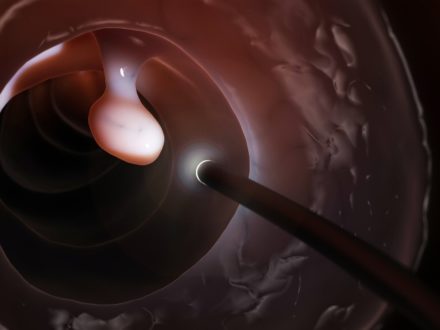Treatments for Achalasia
If you have difficulty swallowing, regularly regurgitate food after swallowing, experience chest pain, heartburn, or coughing, or have noticed dramatic, unexplained weight loss, then you may be suffering from a condition called esophageal achalasia. Fortunately, this condition is perfectly treatable, but you’ll need to see a doctor.
About Achalasia
Achalasia is a condition in which the muscles at the bottom of your esophagus, called the lower esophageal sphincter (LES), refuse to relax when swallowing. This causes food to pile up in the esophagus and cause the problems listed above.
Studies show that achalasia results from the degeneration of nerves in the LES. This may be caused by an autoimmune disorder or a virus that leads to nerve damage in this area.
Achalasia is diagnosed with a barium swallow test, endoscopy, or manometry.
Treatments
Treatments for achalasia are minimally invasive and range from achalasia medication to achalasia surgery. The most common treatments include:
- Oral medication: Calcium channel blockers and nitrates are taken by mouth to relax the muscles at the base of the esophagus. Medications will need to be continued in order to remain effective.
- Balloon dilation: In this procedure, a balloon is inserted into the esophagus and inflated, stretching out the muscles and allowing the LES to function better.
- Botulinum toxin: More commonly known as Botox, injections of botulinum toxin can help relax the LES. Like medication, continual injections are needed to maintain the results.
- Heller myotomy: A more permanent way of treating achalasia is with surgery. In a laparoscopic Heller myotomy, the lower esophageal sphincter is cut, allowing food to pass through. Unfortunately, this surgery opens you up to GERD later on, so it should be reserved as a last resort.
The type of treatment you need depends on the severity of your condition, past treatments you’ve received, and current medical conditions.
Seeking Treatment for Achalasia
An experienced reflux surgeon can help you by diagnosing achalasia and helping you decide on the right treatment for you. If you have experienced pain, regurgitation, or other symptoms that make it difficult to swallow, contact Malladi Bariatrics and Advanced Surgery today.







